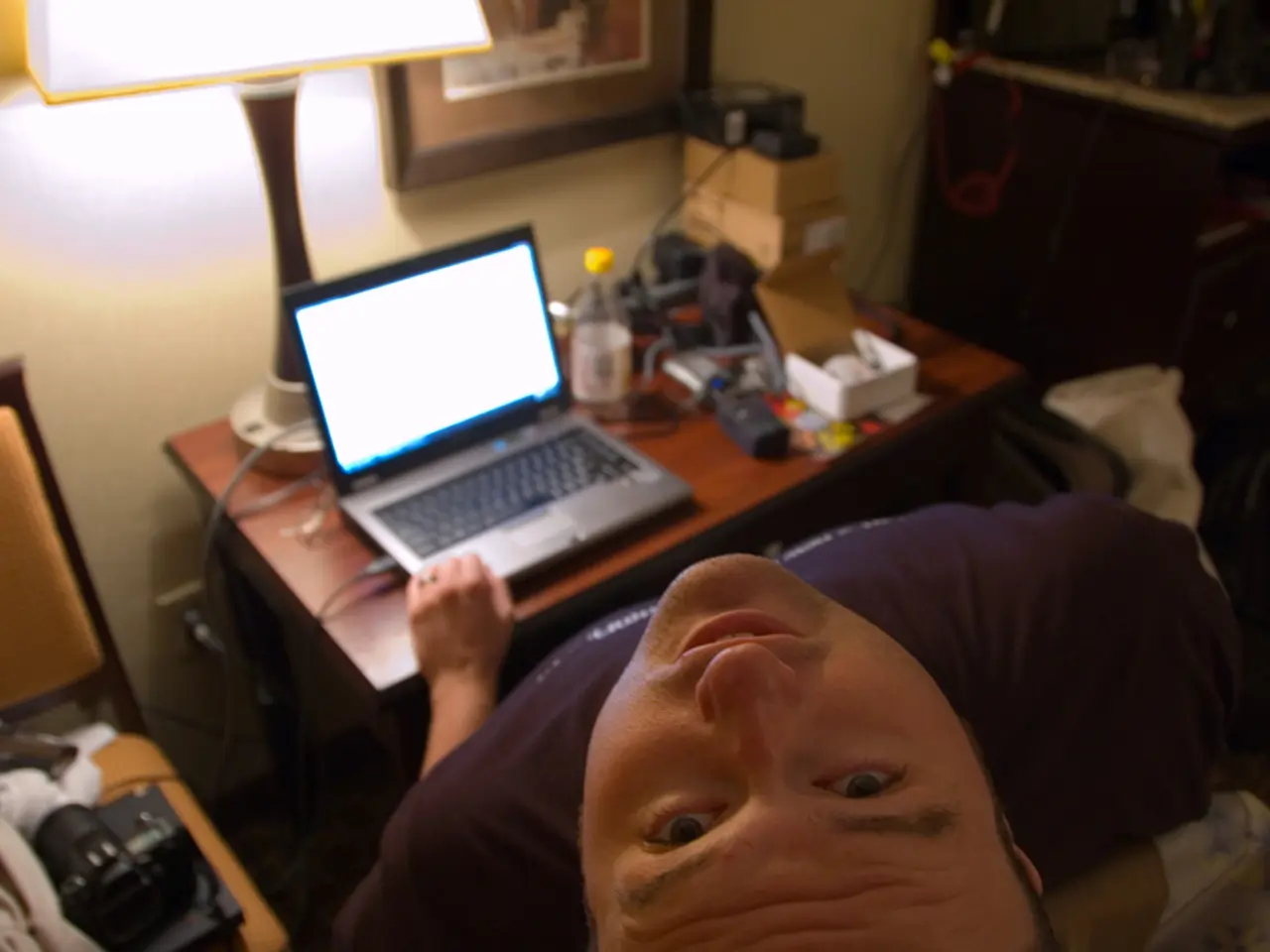Connection Between High Blood Pressure and Headaches: What's the Relationship?
In a recent episode of the Health Essentials Podcast, cardiologist Dr. Luke Laffin discussed the potential link between high blood pressure and sudden, severe headaches, emphasising the importance of seeking immediate medical attention in such cases.
According to Dr. Laffin, a sudden, intense headache that is significantly worse than usual and accompanied by an elevated blood pressure can be a sign of a hypertensive crisis, a potentially life-threatening condition. This situation arises when blood pressure spikes to dangerously high levels, putting immense pressure on the blood vessels in the brain.
In a hypertensive crisis, the pressure can cause the vessels to rupture or constrict rapidly, leading to bleeding in or around the brain (hemorrhage) or other brain damage. This scenario is often characterised by a "thunderclap headache," which reaches maximal intensity within seconds to minutes.
Such headaches are severe, sudden, and unlike any prior headache. They require urgent evaluation to rule out subarachnoid hemorrhage (bleeding in the brain), stroke, or hypertensive emergencies. These conditions can progress rapidly to permanent brain injury or death without immediate treatment.
When the headache occurs alongside neurological symptoms like weakness, numbness, confusion, vision changes, or difficulty speaking, and systemic signs such as chest pain or shortness of breath, it strongly suggests a critical event like stroke or cardiac complications requiring urgent care.
Another potential complication is Posterior Reversible Encephalopathy Syndrome (PRES), a condition caused by uncontrolled hypertension. PRES manifests with headaches, altered consciousness, seizures, and visual disturbances. PRES is reversible if treated promptly but dangerous if ignored.
Dr. Laffin also highlighted that lifestyle and environmental factors can cause headaches, and diet plays a role in headaches for about 1 in 5 people. However, it's important to note that slightly elevated blood pressure doesn't usually cause headaches in most people.
For those with high blood pressure, it's crucial to be mindful about which treatments they choose, especially if they're taking high blood pressure medications. Dr. Laffin suggests that aspirin or acetaminophen are the best options for treating a headache in such cases.
In conclusion, a very sudden and severe headache with high blood pressure signals potential catastrophic events such as brain hemorrhage or stroke, conditions that demand immediate emergency evaluation and intervention to prevent serious morbidity or mortality. If such symptoms occur, calling emergency services or going straight to the hospital is essential.
New episodes of the Health Essentials Podcast publish every Wednesday. To hear more from Dr. Laffin on this topic, you can listen to the episode, "Combating High Blood Pressure."
- In cases of sudden, intense headaches accompanied by high blood pressure, there could be a hypertensive crisis, a condition that may cause serious brain damage or bleeding in the brain.
- The condition Posterior Reversible Encephalopathy Syndrome (PRES), caused by uncontrolled hypertension, can manifest with headaches, altered consciousness, seizures, visual disturbances, and is reversible if treated promptly but dangerous if ignored.
- Dr. Laffin suggests that for individuals with high blood pressure, aspirin or acetaminophen are the best options for treating a headache, as lifestyle and environmental factors can contribute to headaches in about 1 in 5 people.
- The importance of prioritizing health and wellness, including mental health, cardiovascular health, and lifestyle choices, was emphasized in the discussion, as timely medical attention is crucial for conditions like hypertensive crises or other life-threatening medical conditions linked to high blood pressure.




